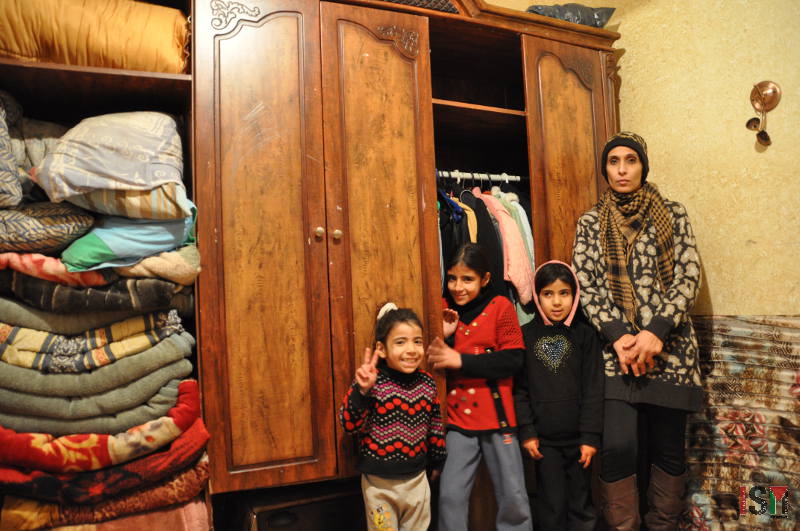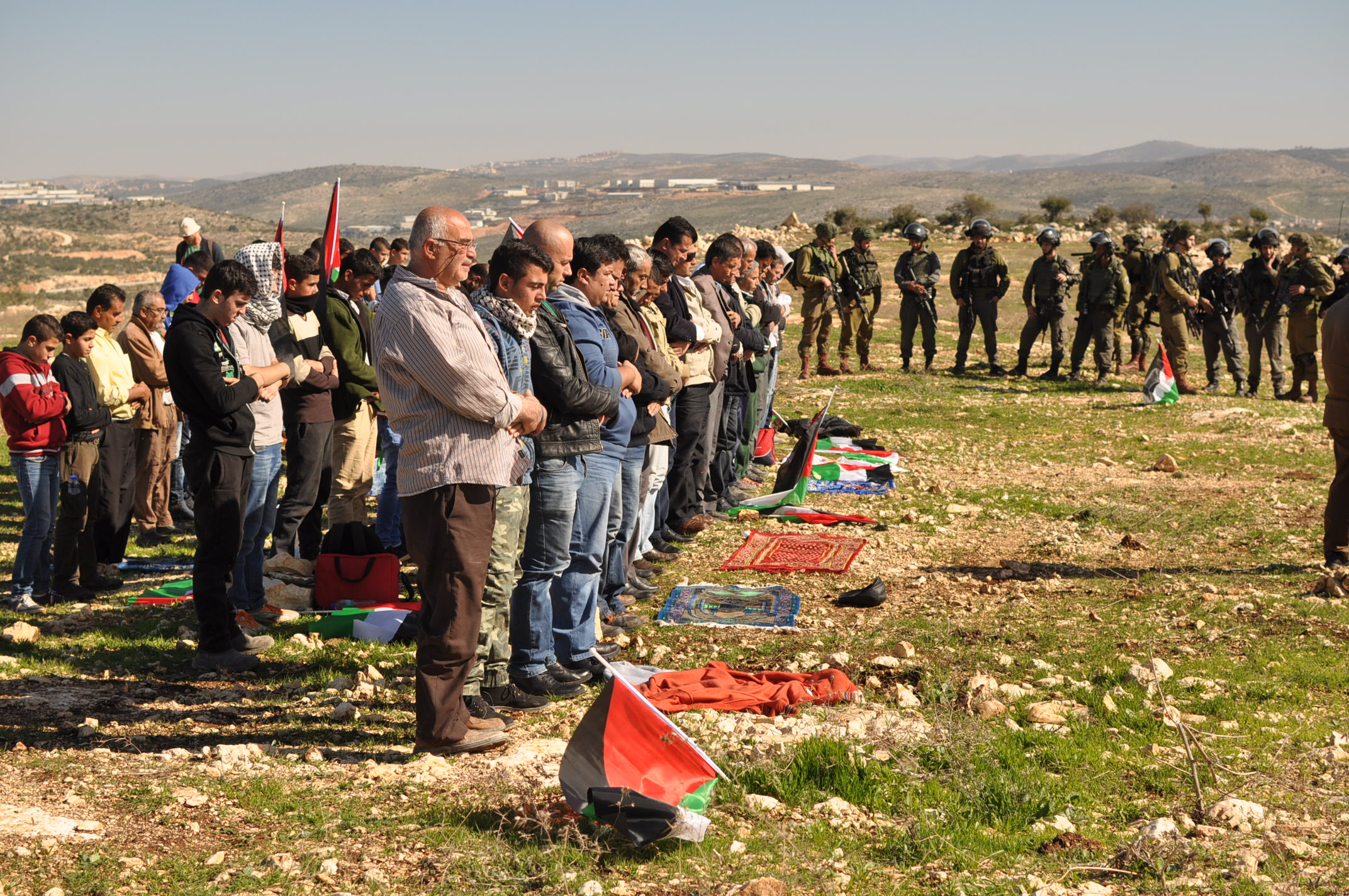Tag: kafr addik
-

Continued night raids and arrests in Kafr Addik
24 January 2016 | International Solidarity Movement, Tulkarm Team | Kafr Addik, occupied Palestine In the middle of the night on the 20th of January, the Israeli army entered the village of Kafr Addik, raided a family home and arrested a young man, Saleh Hemedan. The arrest is the latest of several arrests in the…
-

Near Salfit, Palestinians try to save the last hill that is not yet occupied with a settlement
December 4th, 2015 | International Solidarity Movement with IWPS, Huwwara team | Kafr Addik, occupied Palestine On friday 4th of december, around 50 locals from the villages of Kafr Addik, Bruqin, Sarta and Biddya, in the Salfit governorate, gathered on a hill called Daher Sabbah, located between the four villages, in order to protest the…
